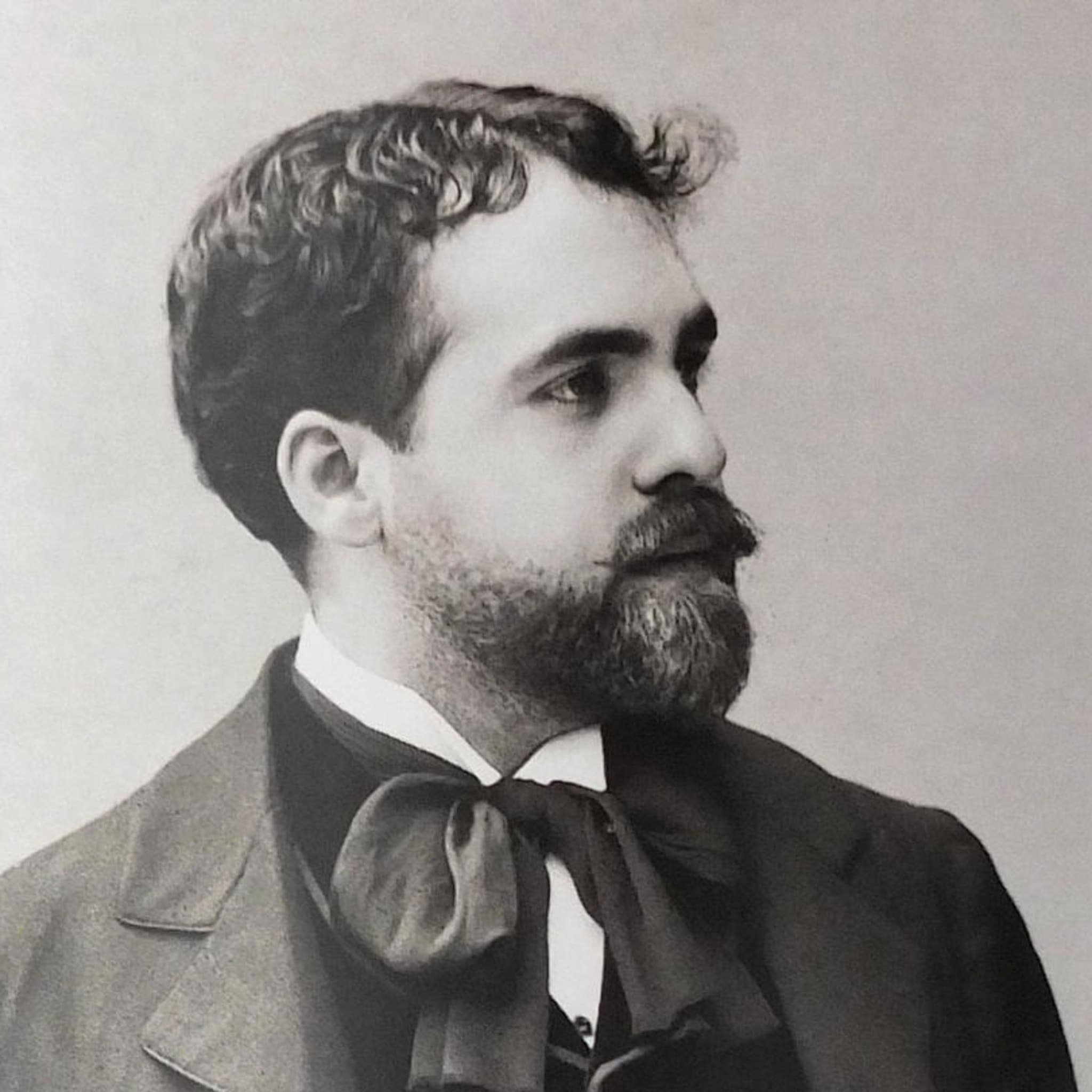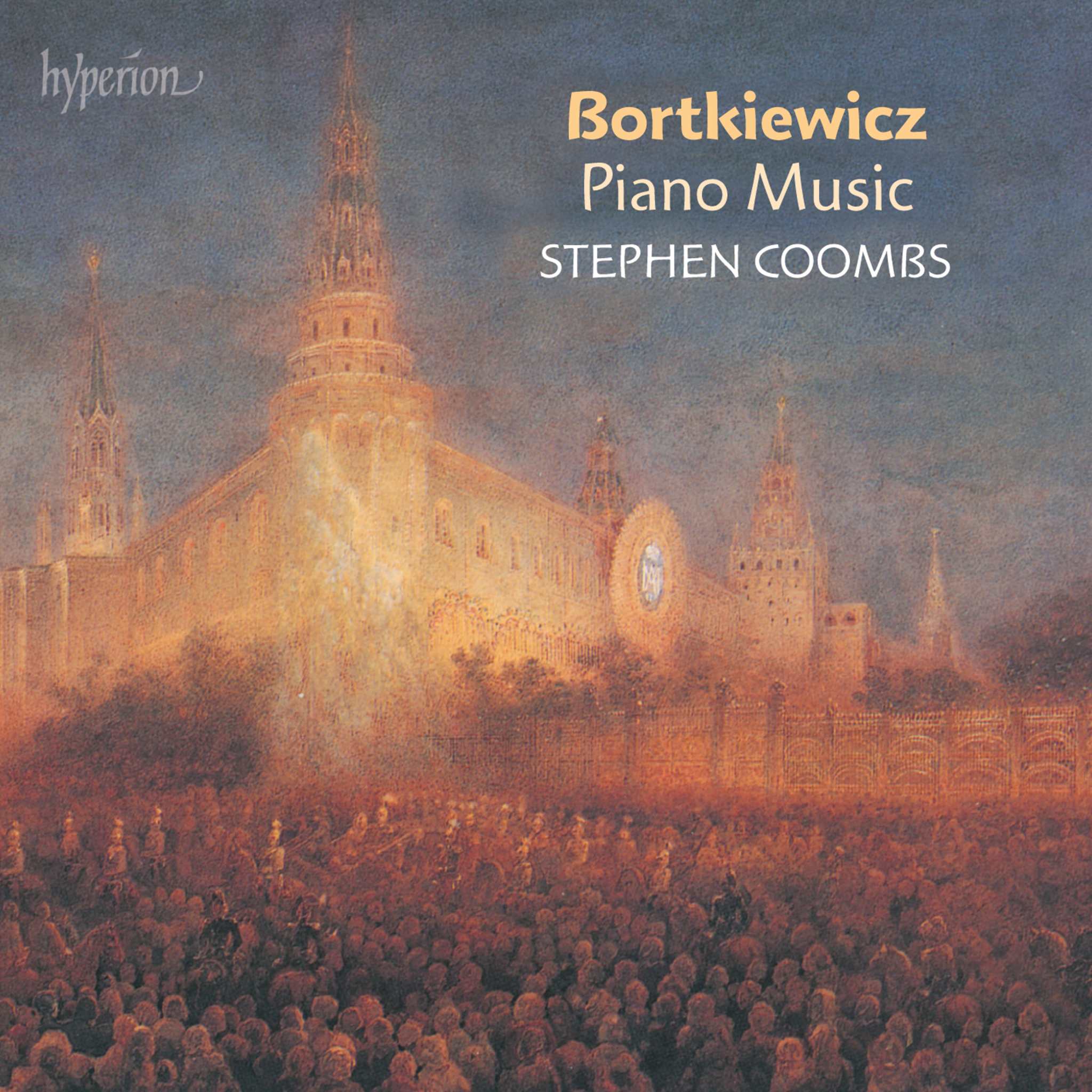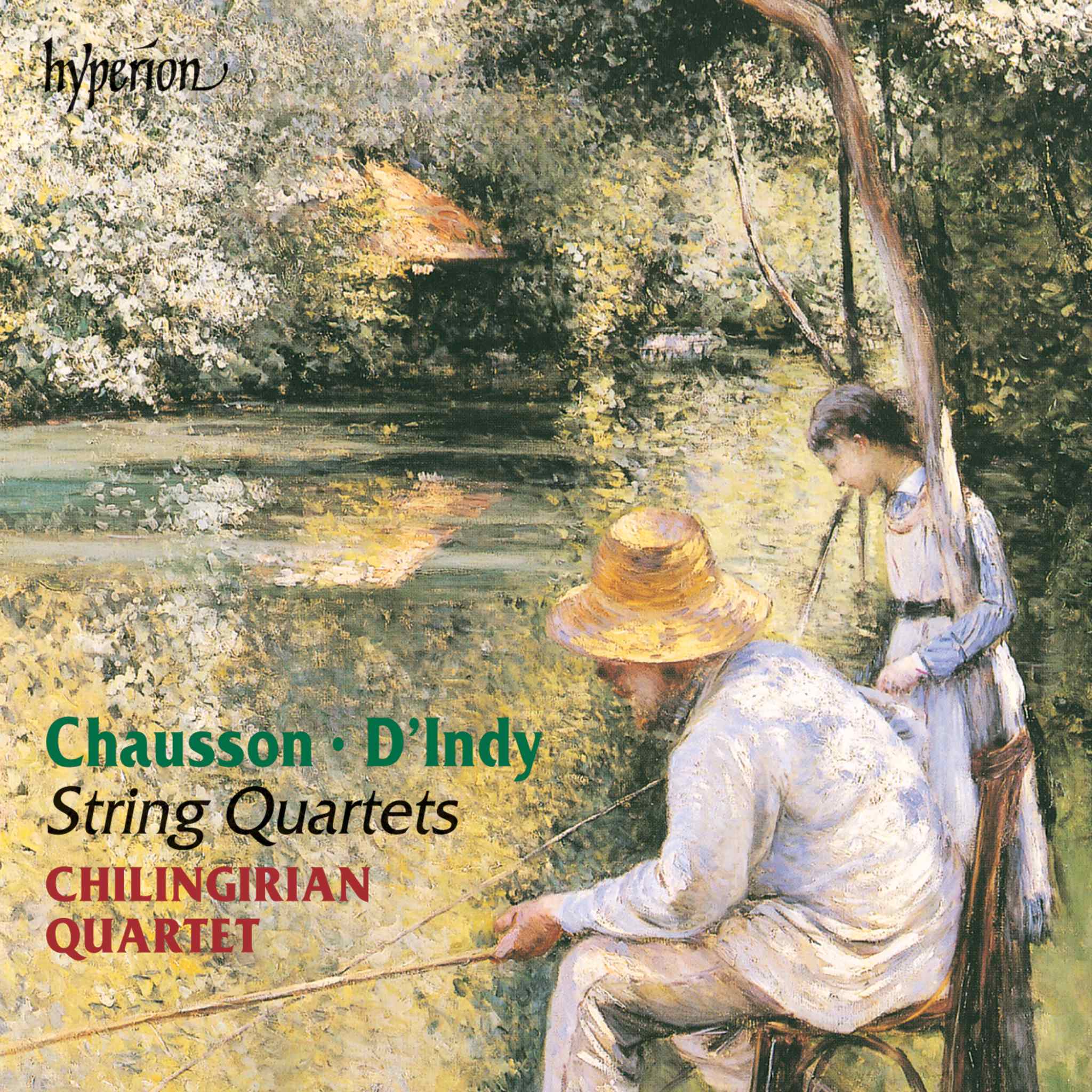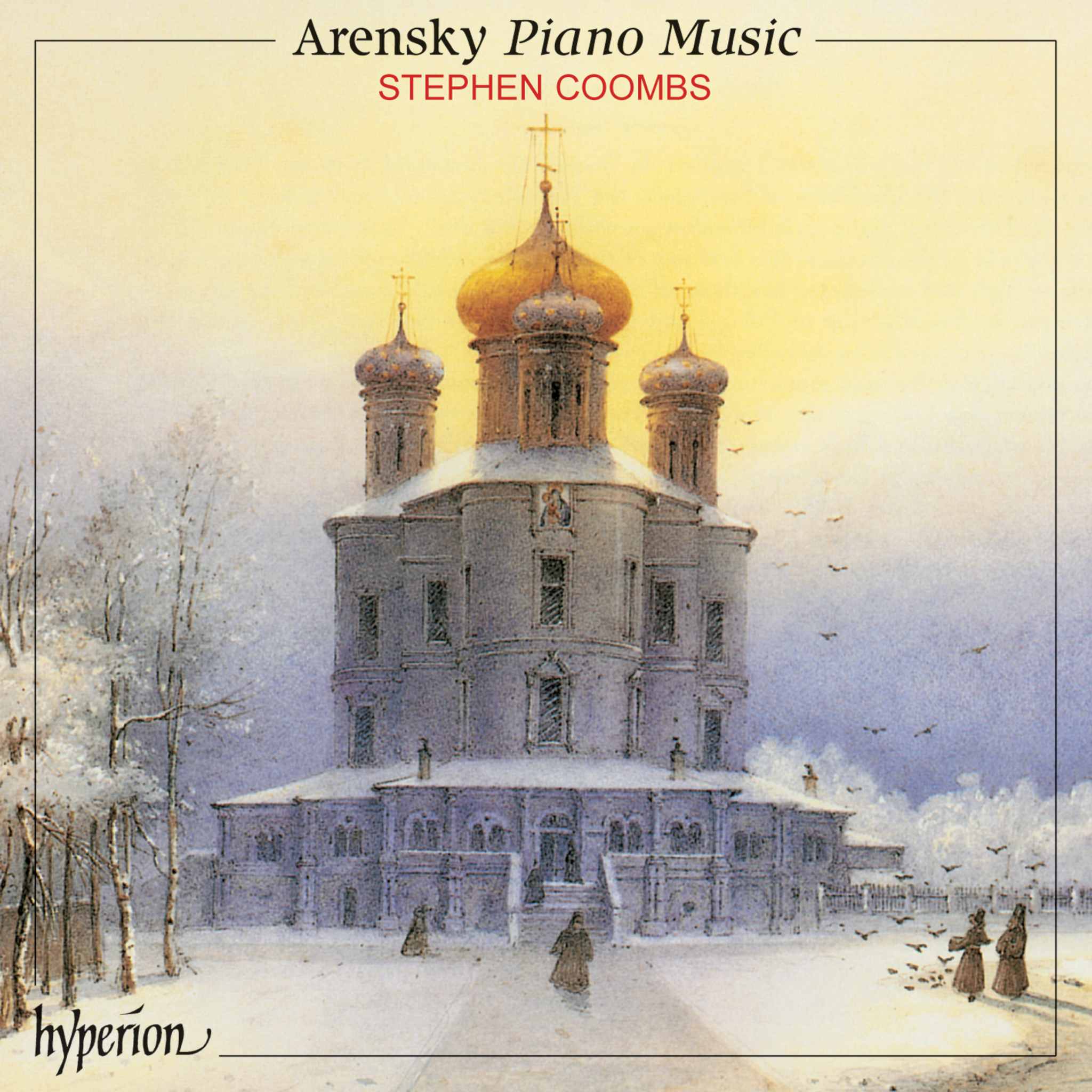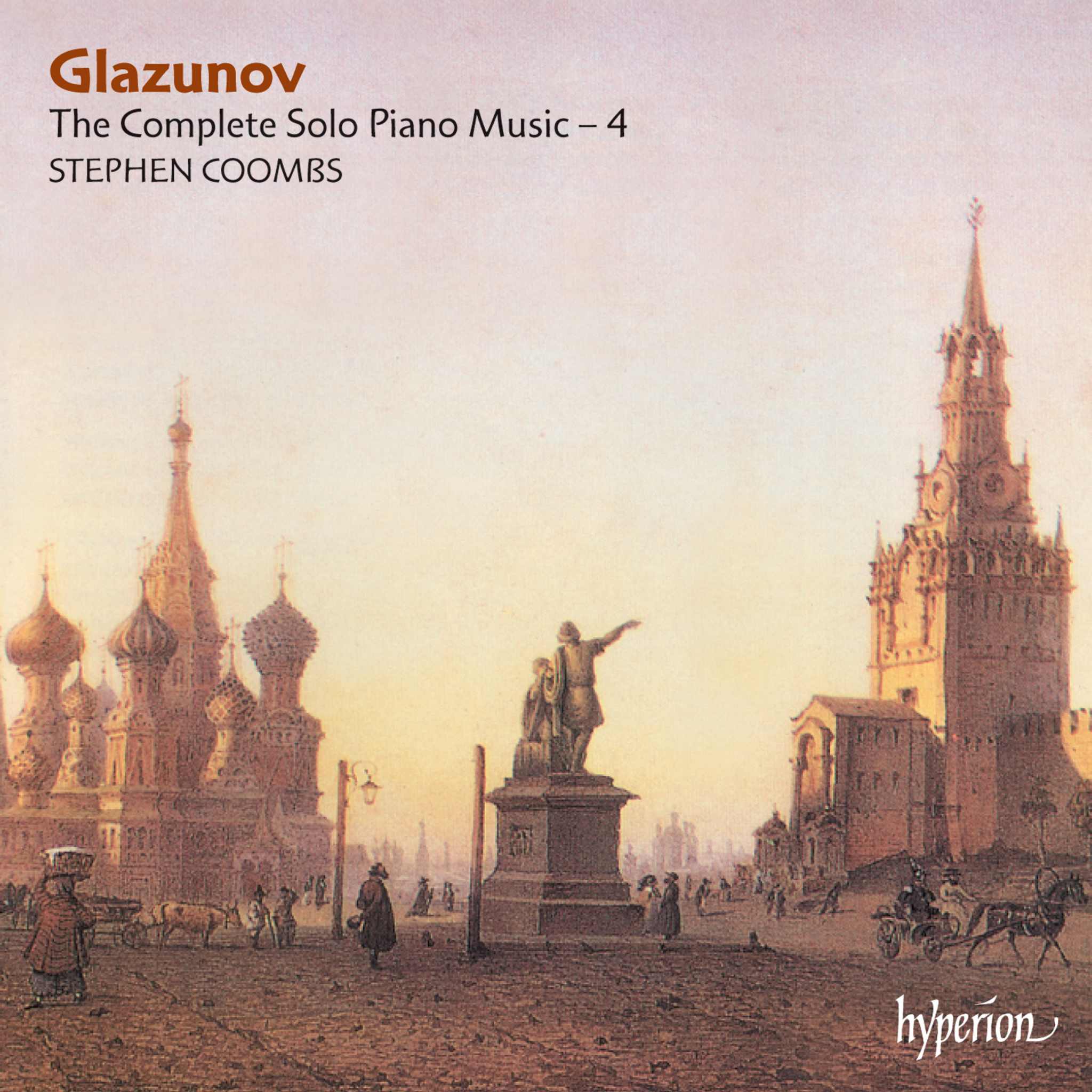“I am creating a magnificent quintet, imbued with the breath of my affection and the tragic fate of my child. With an energy as fierce as it is furious, corresponding to my terrible grief, I will create something powerful, magnificent, and strong that touches the deepest fibers of a father’s love for his dead son. As the last of my name, I will bury it in a thunderous roar—not in the plaintive bleating of a resigned, blissful sheep.”
On February 10, 1918, Louis Vierne wrote to his friend Maurice Blazy about his intentions. Life no longer held any material significance for him. He renounced all pursuit of fleeting fame and rejected the vain external restlessness that is called the struggle for survival. Instead, he devoted himself entirely to creation. According to Bernard Gavoty, these lines “explain the genesis of a masterpiece better than any analysis.” The quintet, composed between 1917 and 1918, was prompted by the death of his son Jacques, only 17 years old, while serving in the war.
Louis Victor Jules Vierne was the organist of Notre-Dame de Paris from 1900 until his death in 1937. His life was marked by extremes—from near-total blindness to profound sensitivity. Vierne's grief was compounded by guilt; he felt personally responsible for his teenager's death, having reluctantly complied with his pleas to enlist in the military. In 1918, despite emergency surgery in Switzerland, the composer lost the last vestige of his sight due to progressive glaucoma. During his four-year absence for surgery and rehabilitation, his brilliant pupil Marcel Dupré represented him at Notre-Dame.
This poignant piano quintet stands in stark contrast to the First Symphony, Op. 10. The 18th Symphony, composed in 1919 in memory of a young airman killed in action, concludes with an "Adagio of sublime serenity ending in a gentle light" and offers an "Epilogue of hope," while Vierne's Quintet entirely lacks this hope. This work expresses not the young soldier's feelings, but the father's profound grief. The fractured relationship with Dupré over titular issues—Vierne protested Dupré's use of the title "L'Organiste de Notre-Dame," which he considered exclusive to himself—remained unresolved until his death in 1937.


